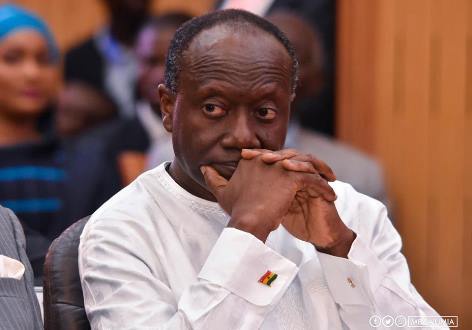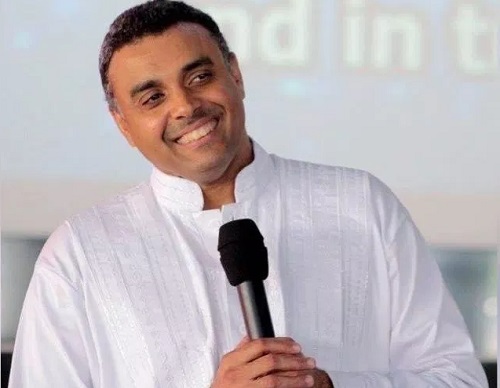
The Minister of Finance, Ken Ofori-Atta stated that 50% of University Entrants were choosing ‘hopeless’ courses while reading the 2021 Mid-Year Budget Review to Parliament on Thursday, July 29, 2021.
According to him, an increasing number of young Ghanaians entering tertiary institutions are opting for programmes “in sectors with no or little growth in the labour market”.
Speaking on Atinka TV’s morning show, Ghana Nie with Ekourba Gyasi Simpremu, Mr Isaiah Sikayena noted that all courses offered at the Universities are very relevant.
According to him, the courses go through thorough screening before the National Accreditation Board approves for the students to study them, making it more credible and relevant.
The Economist said although all the courses are relevant, it is the mode of teaching that has resulted in the lack of employment after the students complete school.
“Every course studied in the university is very relevant. I have never seen any course which is not important in the University. If not, the NAB will not approve it for students to study. The processes the courses are taken through are very thorough. The Economists in the country think of the things which we need to learn to help the economy. Every course is important for economic growth,” he said.
He said, "Someone can do music, theatre or accounting and all are important but how we do it is the problem. It should not be that even if someone studies music at school, it is not when he completes that he has to go and look for someone to help him get a job, but he can use what he learnt from school to create either a music school or a job and not rely on the government for job.
The Economist added that “We have to focus the teaching and learning on a practical base. How I can create my own job, how I can write my own music, or create my own studio. So that by the time he or she comes out, even if he is employed by someone, he will become very relevant”.
He recommended that “Most of the schools should prepare the students from JHS to University, but the workshops are not functional, most of the schools do not have science labs. The system only tests the IQ of the students or the ability of the student to memorize what they have learnt and also to produce. We have to go beyond that. We have to ensure that the students can create things on their own with what they have been taught. The responsibility is on the teachers and the government.”
The Economist said the government must provide the materials needed to do more practicals so that after school students will know how to use these equipment.
“For the mode of delivery, the teachers should engage the students more to read themselves and also come out with their own interventions. Most of them teach or produce for the students and some of them are very lazy, they will only read your lesson note and bring it. We need to look at all those areas because it will make the students employable,” he added. Read Full Story























Facebook
Twitter
Pinterest
Instagram
Google+
YouTube
LinkedIn
RSS